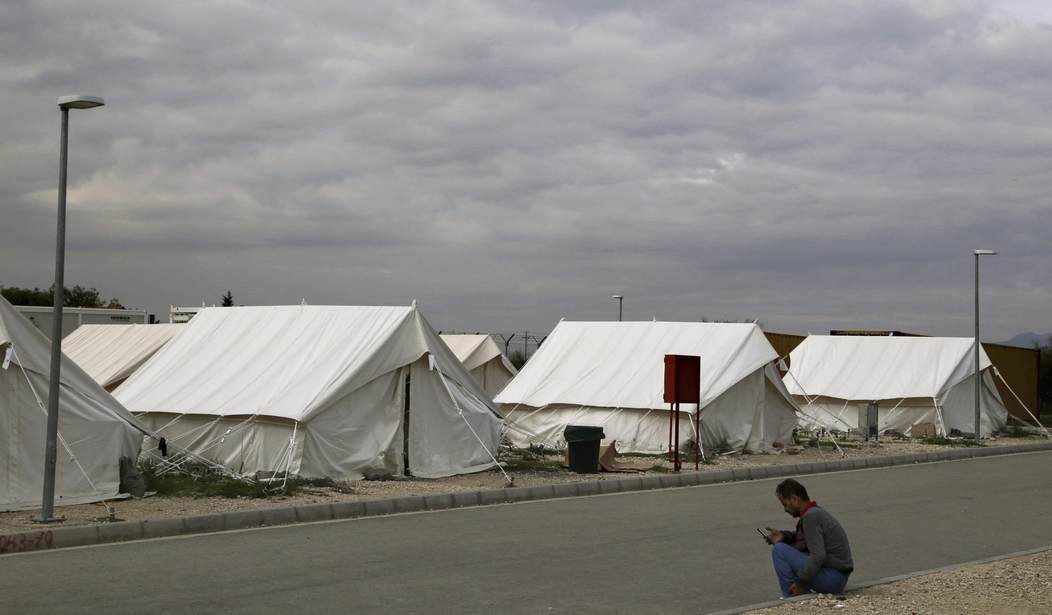The World Health Organization issued guidelines for countries accepting migrants and refugees warning that the high prevalence of mood disorders among the population warrants special attention to integration, outreach and specialized programs.
The series of guides, issued to mark International Migrants Day on Tuesday, cover children’s health, promotion of healthy living, handling health concerns of senior migrants, improving healthcare for pregnant refugee and migrant women and newborns, and addressing mental-health concerns in the migrant population.
The children’s health guide encourages countries to “adopt a holistic approach to age assessments, which includes benefit of the doubt” and “avoid detention for refugee and migrant children as this has a strong detrimental effect on health and well-being, especially mental health.”
Nearly a million children sought asylum in the European Union from 2015-17, the WHO notes, and 190,000 arrived unaccompanied.
Countries should “ensure provision of care to all refugee and migrant children on equal terms with resident children” and make sure interpreters and “cultural mediators” are available.
As far as the mental health of all refugees and migrants, the WHO notes that — with high variables among different groups — they “can be exposed to stressful events before departure, during transit and after arrival, and they may struggle to fully integrate in the social context of the host countries.”
“Refugees living in a host country for more than five years do tend to show higher rates of depressive and anxiety disorders than host country populations,” the policy brief adds, citing post-traumatic stress disorder as a concern with “mood disorders being most prevalent.”
“The higher prevalence rates of mental disorders in long-term refugees and migrants are associated with lack of social integration, and particularly with unemployment. While prevalence is an important factor, the total number of refugees and migrants in a country is also critical,” WHO adds. “If the total number is very high, there are likely to be many with manifest mental disorders, posing challenges to health system capacity.”
WHO suggests that nations “promote initiatives that increase social inclusion and integration, including access to employment and educational opportunities, as these support good mental health” as well as “devise and publish clear information on entitlements to care for each category of migrant to facilitate appropriate access to care.”
“Consider outreach services to help to establish trust and familiarity and to facilitate access to mainstream services, particularly for vulnerable or isolated groups,” the guidance adds. “…Train practitioners in communicating with refugees and migrants with mental health problems, and how to effectively interact with interpreters and cultural mediators. Encourage use of technology, including phone services and tele-psychiatry, as alternatives to face-to-face interpretation, where appropriate, given cost and access-related barriers.”
Additionally, professionals working in “non-health sectors such as law enforcement, education and employment” should “also receive awareness training on mental health conditions” pertaining to migrants and refugees, says the WHO.
The mental health workforce should be trained to “ensure competence in diagnosing unusual presentations of mental disorders, and in understanding different family, cultural and social structures,” the guidance continues.
Women comprise more than half of the worldwide migrant population since 2000, and “births to refugees and migrants are also unequally distributed geographically, posing particular challenges to health care delivery in areas of high concentration,” the WHO says in the guidance on working with pregnant migrants.
Countries should “promote postpartum contraceptive counseling as a cost-effective way to improve maternal and newborn health and reduce unintended pregnancies,” the guidance notes.









Join the conversation as a VIP Member